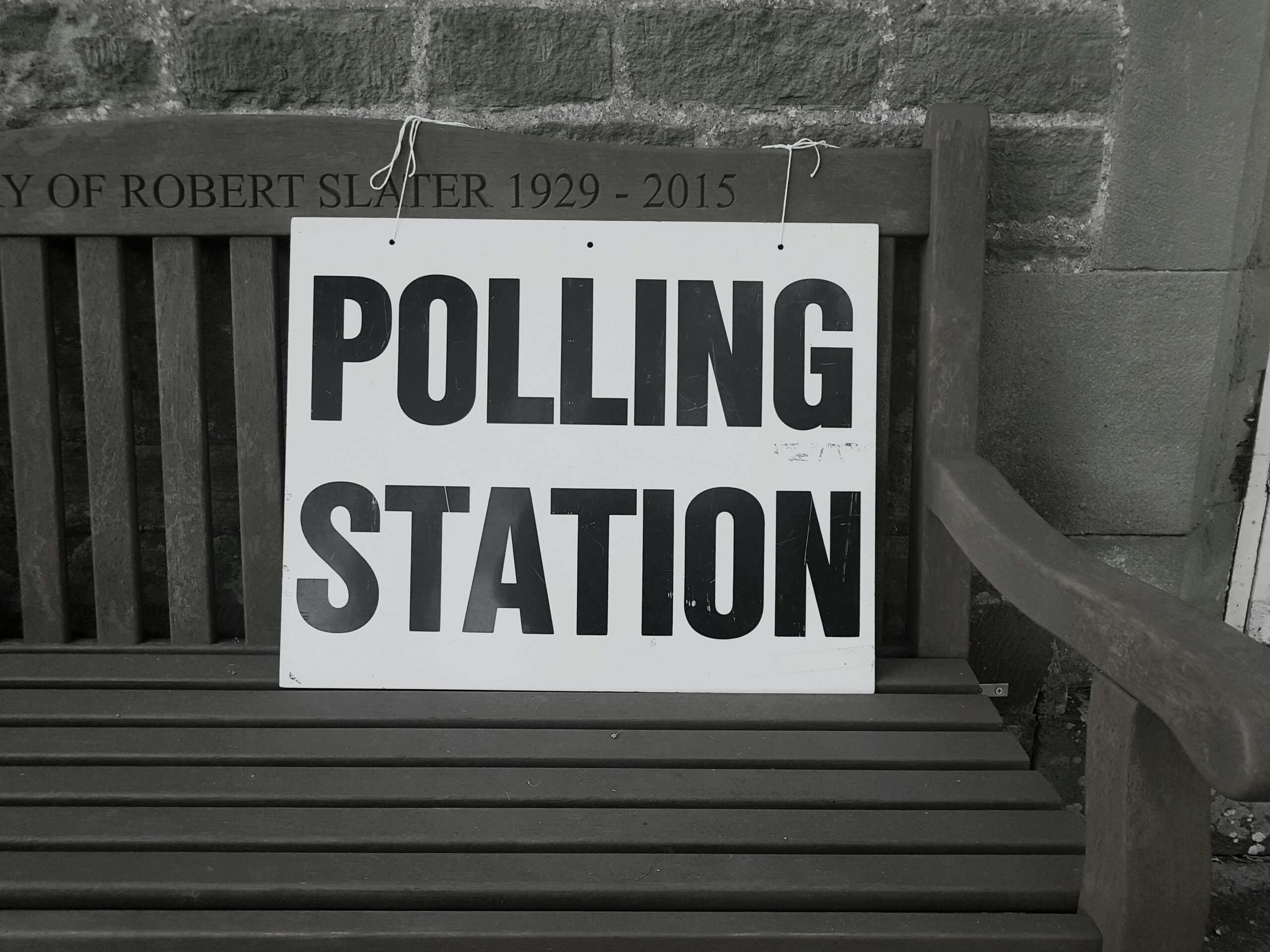Six things you need to know before voting in your first general election

Voting in your first general election is a pretty big deal and one that you’ll always remember. As a generation we know how engaged, hopeful and passionate you are about issues affecting your lives and your involvement is crucial in shaping the future. Whether you’re excited, anxious, or a bit of both, if you’re eligible to vote, it’s so important to make your voice heard.
Here are six things you need to know before voting in your first general election.
1. Make sure you’re registered
Before you head to the polling station, you must make sure that you’re registered to vote. You need to do this on the GOV.UK website and will be asked for your National Insurance number and your current address. If you are currently at university and studying away from home, you will need to choose one address.
2. Decide how you’re going to vote
Once you’ve registered to vote there are three ways that you can cast your vote: in person, by post or by proxy. If you choose to vote in person you will do this at your local polling station on 4 July. If you are away from home you should apply for a postal vote by 5pm on 19 June 2024. If you’re unable to vote in person, you can vote by proxy, which is when you can ask someone to vote on your behalf. In England, Scotland or Wales you must apply by 5pm, 6 working days before the election.
3. Do your research
We know that there is a lot of information surrounding the general election, and it can be hard to cut through the noise. Before you vote it’s so important to make an informed and confident decision about who you are going to vote for. Make sure you do lots of research beforehand and always ensure that you’re looking at several different sources.
4. Know where to go
If you’re voting in person, make sure you know where to go on the day of the election! Your local polling station will be on your poll card that you receive through the post, you can also find your polling station on the Electoral Commission website. If you have a disability, your local Electoral Registration office will tell you about the physical access, low-level polling booths and any specific equipment you might need.
5. Bring your ID
If there is one thing you take from this blog, let it be this one! It is crucial that you bring one form of photo ID. This could be: your passport, driving licence, provisional driving licence, local travel card or identity card being the Proof of Age Standards Scheme hologram (a PASS card). Read the Electoral Commission’s full list of accepted ID here. You can also apply for a free Voter Authority Certificate by Wednesday 26 June, you must be registered to vote before you apply for a Voter Authority Certificate.
6. Don’t leave it too late!
If you’re voting in person, make sure you don’t miss the cut-off point. Polling stations are open from 7am to 10pm on Thursday 4 July so there is plenty of time to make your voice heard! Polling stations can get particularly busy towards the end of the day, if there is a queue you will still be able to vote as long as you joined the queue before 10pm.
Voting for the first time can be daunting but also exciting and this general election is an opportunity for you to use your voice and vote for issues that are important to you.




